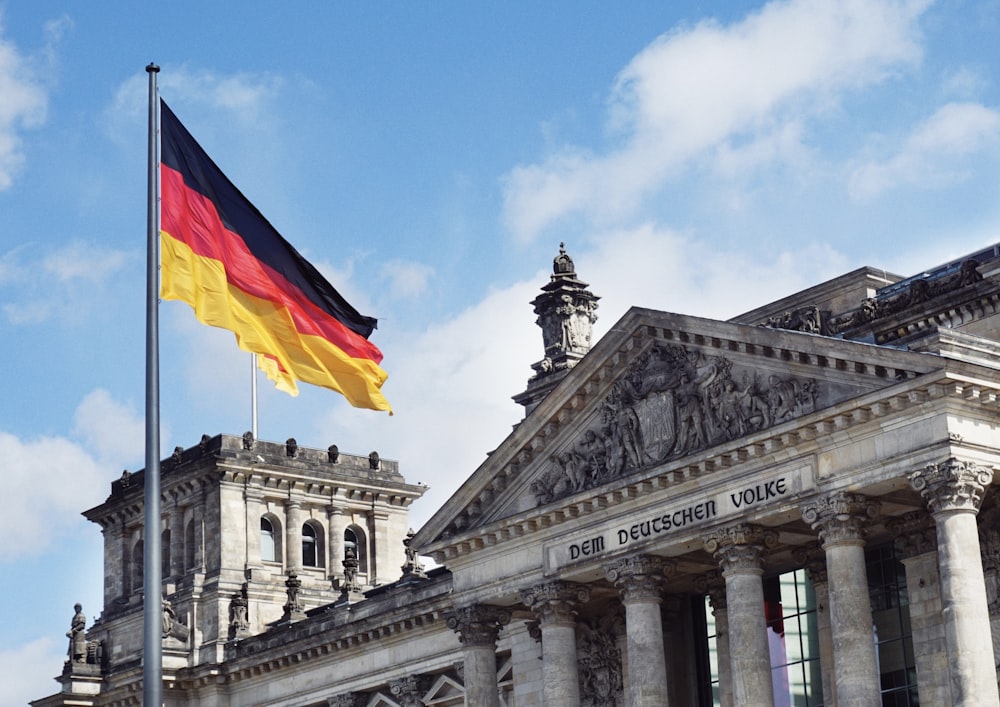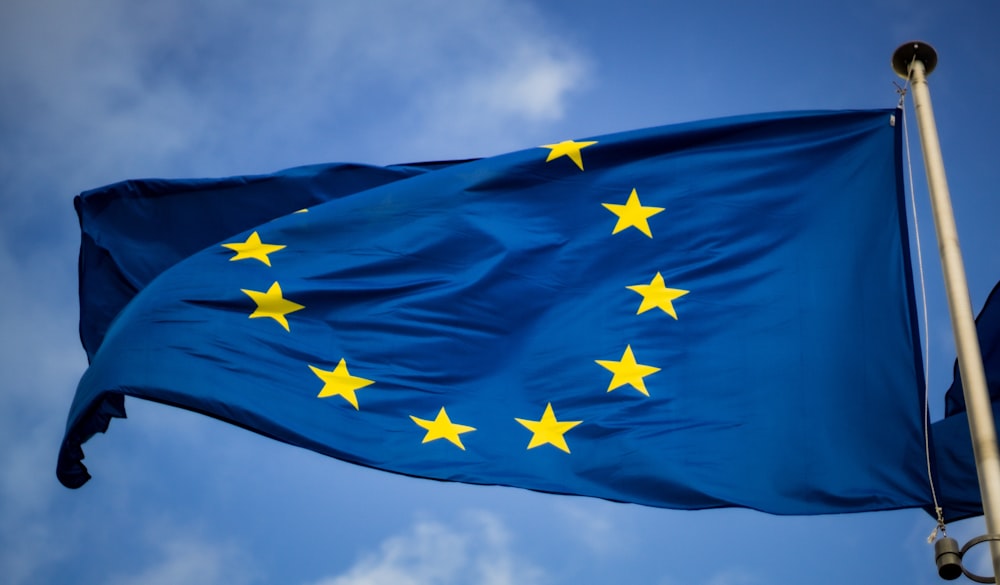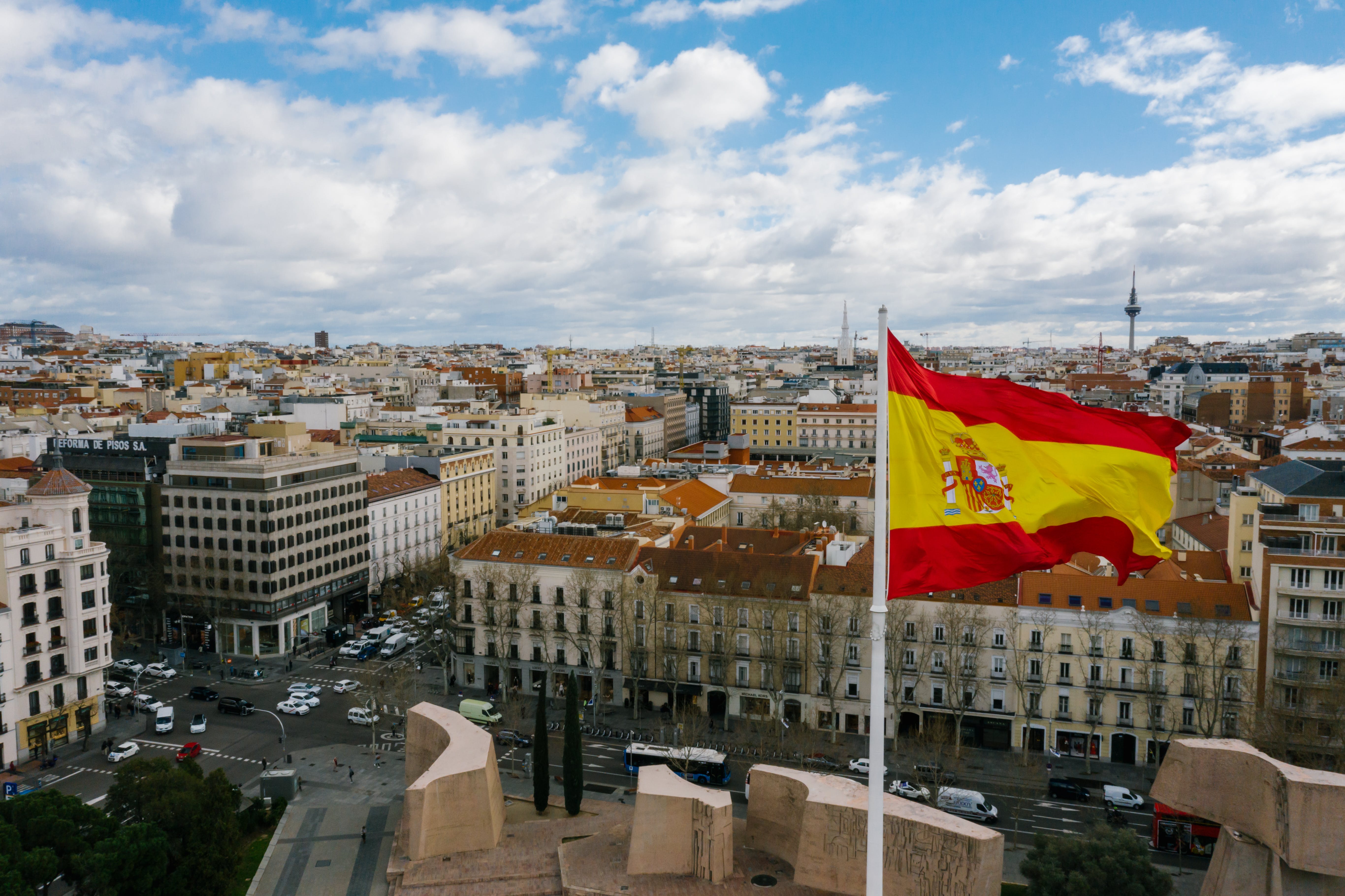Germany has switched its cannabis legalization plans to focus on cannabis social clubs and homegrown cannabis instead of pharmacies.
German Health Minister, Karl Lauterbach, presented a brand new cannabis legalization plan on Wednesday after months of discussions with the European Commission.
Initially, there were substantial doubts over Germany’s legalization plans due to supranational legal frameworks throughout the Schengen Zone.
However, on March 14, 2023, Lauterbach said: “We will soon present a proposal that works, that is, that conforms to European law" after receiving “very good feedback” from the European Union.
But 5 weeks later, on April 19, 2023, Lauterbatch said at a Berlin press conference: “We came to the conclusion that the draft [legalization plan] at that time would not take us any further in pursuing our goals,"
As a result, Germany is slightly changing its legalization plans and following a new path:
The New Plan for Cannabis Legalization
Under the new scaled-back plan—first seen by POLITICO—adults can grow up to three cannabis plants at home and buy cannabis in clubs of up to 500 members. However, the clubs must not focus on making profits like the clubs in Malta and Spain.
Likewise, the German government will legalize cannabis possession of up to 25 grams; continue with its plans to ban the advertising of THC products, and set a limit on THC content for those under 21.
Lauterbach said cannabis social clubs and home cultivation will be two pillars of the country’s push for legalization. Another pillar is the regional model projects to build up commercial supply chains, which should take around five years.
The project will enable localities throughout Germany to allow regional, regulated sales for public policy development and regulatory research.
Days after the announcement, Frankfurt and Offenbach said their jurisdictions would pursue legal localized cannabis sales to combat the unregulated market.
Artur Schroers, Head of the Drugs Department of the City of Frankfurt, said: “If the consumer is no longer stigmatized and criminalized, the discussions about risks can be conducted in a completely different way,”
Lauterbach said the new plans “will be accompanied by a concerted effort by the German government to find supporters in Europe for this progressive, prevention-oriented cannabis policy,"
A political spokesperson told POLITICO that German Chancellor, Olaf Scholz, welcomed the progress on implementing the coalition agreement.
But there was some pushback from other German politicians, such as Kristine Lütke, who said she’s against strict THC ceilings in cannabis clubs because “they drive consumers to the black market."
Tino Sorge, from Germany’s center-right CDU, said the announcement is purely an “admission that [Lauterbach's] old key points from the fall were simply not feasible."
There have also been critics of Germany’s proposed ban on THC advertising, with some arguing that it will fail to end the illegal market.
What Are The Current Legal Hurdles?
There are many hurdles, mainly due to EU regulation, surrounding cannabis consumption throughout the European Union.
For example, the Schengen Convention of 1985 and the EU Framework Decision 2004/757/JHA at the European Union (EU) level say that member countries must prevent illicit drug trafficking.
If a nation fails to comply with these guidelines, the European Union can pursue legal proceedings and financial sanctions. There are also international treaties like the 1961 Single Convention that clash with Germany’s plans.
Cannabis legalization is rare in Europe; Germany would be one of the first European nations to decriminalize it, making it a complex procedure.
Contrary to popular belief, cannabis isn’t completely legal in The Netherlands. The only other EU nation to fully legalize cannabis is Malta, which legalized it for personal and cultivation purposes in 2021.
However, cannabis is legal in the following countries:
-
Canada
-
Thailand
-
Mexico
-
Georgia
-
Uruguay
-
South Africa
Final Thoughts
Although Germany is pushing forward toward cannabis legalization, the current hurdles and changes in plans show how stringent EU cannabis regulations can be.
Either way, German leaders have doubled down on their commitment to continue lobbying with domestic and EU lawmakers to find an agreed resolution.
EU would be an enormous legalized cannabis market, and Germany alone has massive potential as the world’s fourth-largest economy.
Additionally, Germany is often a leader in European Union policy. If the Germans decriminalize cannabis, don’t be shocked to see many other European nations follow suit.
All in all, this is good news for the global cannabis industry.
For more updates on cannabis legalization around the world, subscribe to our newsletter and follow us via Instagram.



.jpg)


SUBMIT YOUR COMMENT